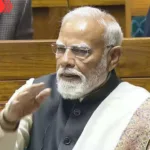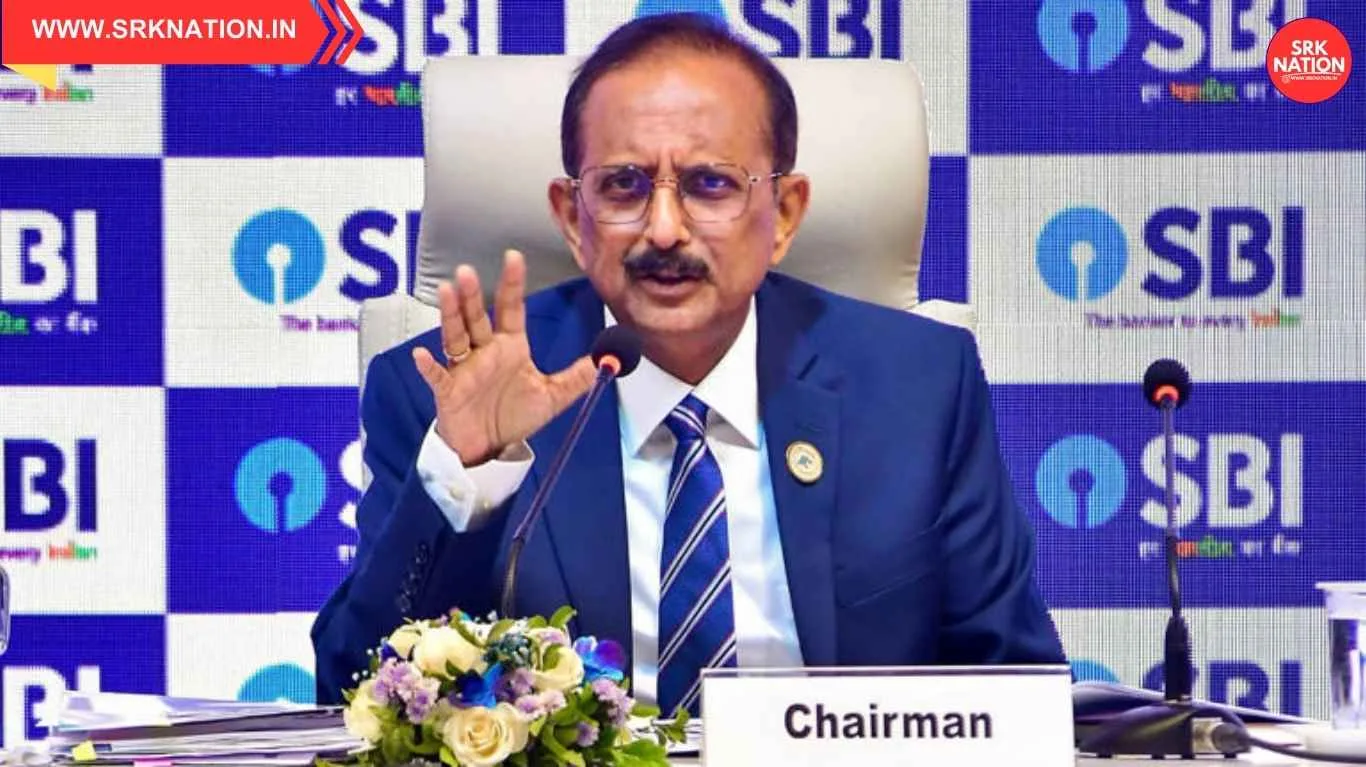Indian pharmaceutical major Cipla Ltd is set to make a strategic foray into the highly competitive and rapidly expanding weight-loss drug segment, positioning itself against global giants like Eli Lilly and Novo Nordisk, both of whom are redefining obesity treatment markets worldwide.
Cipla’s Strategic Move
According to top company executives, Cipla plans to develop and market drugs targeting obesity and metabolic syndrome, aiming to leverage its extensive domestic distribution network, strong brand trust among Indian patients, and partnerships with research firms to bring affordable weight-loss therapies to the Indian market.
This decision aligns with Cipla’s broader diversification strategy under Managing Director Umang Vohra, focusing on high-margin, specialty, and chronic therapies to offset competitive pressures in generics.
India’s Obesity Challenge: The Market Opportunity
| Key Statistics On Obesity In India | |
|---|---|
| Estimated Obese Population (2025) | Over 130 million |
| Urban Obesity Growth Rate (CAGR) | ~10% per annum |
| Type 2 Diabetes Patients | Over 77 million |
| Weight-loss Drug Market Size (2030 forecast) | Expected to exceed $1.2 billion |
With rising urbanisation, sedentary lifestyles, processed food consumption, and genetic predisposition, obesity and related metabolic disorders have become a public health crisis in India. Pharmaceutical companies see this as a strong market with sustained demand.
Who Are The Global Leaders?
Novo Nordisk and Eli Lilly dominate the global market:
- Novo Nordisk: Its GLP-1 receptor agonist semaglutide (branded as Wegovy and Ozempic) has become a blockbuster drug, approved for diabetes and weight loss.
- Eli Lilly: Its drug tirzepatide (Mounjaro) targets dual receptors (GLP-1 and GIP), demonstrating superior efficacy in weight reduction and glycaemic control.
These therapies are priced at premium levels in the US and Europe, but limited affordability in emerging markets like India has created a gap for domestic manufacturers.
Cipla’s Entry Strategy
| Cipla’s Approach | Details |
|---|---|
| Product Focus | Exploring GLP-1 agonist class generics and innovative combinations targeting obesity and Type 2 diabetes. |
| Partnerships | Collaborations with Indian biotech startups and licensed formulations from global players under co-marketing deals. |
| Pricing Strategy | Affordable pricing models to expand access beyond metro cities. |
| Distribution | Utilising Cipla’s robust chronic therapy distribution channel to penetrate tier 2 and 3 towns. |
| Regulatory Pathway | Targeting DCGI approvals by 2026-27 for first commercial launches. |
Competitive Landscape In India
| Company | Current Status In Obesity Drugs |
|---|---|
| Novo Nordisk | Marketed GLP-1 drugs for diabetes with off-label obesity use. |
| Eli Lilly | Approved Mounjaro for diabetes; weight-loss approval awaited in India. |
| Sun Pharma | Evaluating the segment; no commercial launches yet. |
| Dr Reddy’s | Active in diabetes generics but no obesity-specific pipeline publicly announced. |
| Cipla | New entrant; pipeline development stage. |
Why Obesity Drugs Matter?
Beyond cosmetic weight loss, anti-obesity therapies reduce risks of:
- Type 2 Diabetes
- Hypertension
- Cardiovascular diseases
- Joint degeneration and osteoarthritis
Hence, doctors and endocrinologists view these as essential long-term medications with multi-system benefits, driving high patient adherence and market growth.
Challenges For Cipla
- R&D Complexity: Developing GLP-1 analogues requires peptide synthesis expertise and extensive clinical trials.
- Regulatory Approvals: Safety standards for metabolic drugs are stringent due to cardiovascular risk considerations.
- Brand Perception: Competing with global brands’ clinical credibility will require strong marketing and doctor outreach.
- Patient Education: Cultural stigma and low awareness about medical weight loss solutions in India.
Global Market Dynamics: A Booming Sector
Weight-loss drugs are projected to become the next $100 billion market globally by 2030, according to multiple investment banks. Recent reports indicate that Novo Nordisk’s Wegovy alone is projected to generate over $14 billion in peak annual sales, reshaping pharma portfolios towards metabolic therapies.
Cipla’s Recent Business Moves
- Acquisition of South African generic portfolios to strengthen Africa operations
- Focus on respiratory and oncology as priority verticals
- Expansion in digital health partnerships, including telemedicine integrations for chronic care
- R&D investment ramp-up, crossing ₹1,000 crore in FY25
Its obesity drug foray is seen as an extension of its metabolic disease expertise, where it already markets leading brands for diabetes, hypertension, and cardiovascular risk management.
Investor Reaction
Market analysts believe Cipla’s announcement is strategically positive for its long-term growth, given the margin potential in specialty therapies versus traditional generics.
Nilesh Shah, pharma sector analyst, commented:
“Obesity treatment is a sunrise sector. Cipla entering this segment will enhance its specialty therapy credentials and future-proof its earnings amid pricing pressures in US generics.”
The Road Ahead
Cipla is expected to:
- Commence clinical trials within FY26.
- Explore co-marketing deals with global innovators for early market entry.
- Integrate its weight management solutions with digital wellness platforms to create holistic offerings combining drug therapy with lifestyle interventions.
Conclusion
Cipla’s decision to challenge global heavyweights like Eli Lilly and Novo Nordisk reflects India’s growing aspiration to create affordable and accessible solutions for chronic diseases that were once considered lifestyle issues but are now public health threats.
With obesity prevalence climbing rapidly and a large under-served patient base, Cipla’s move could transform weight management therapies into mainstream chronic treatments in India, enhancing health outcomes and reshaping its business profile in the coming decade.
Disclaimer: This news article is for informational purposes only and should not be considered as medical or investment advice. Readers are advised to consult qualified healthcare professionals before considering any obesity drug therapies. Investment decisions should be based on personal risk assessment and consultation with certified financial advisors.











